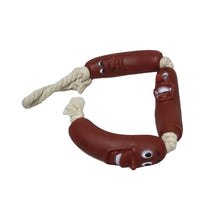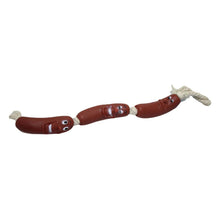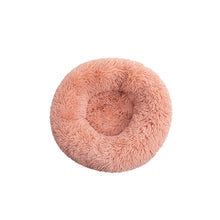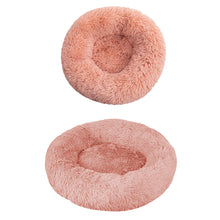How to keep your pet's coat healthy in winter
As the winter months approach, it's essential to ensure that your furry friend's coat remains healthy and shiny. The cold weather can take a toll on your pet's skin and fur, leading to dryness, itchiness, and other issues. Here are some expert tips on how to keep your pet's coat healthy during the winter season.

As the winter months approach, it's essential to ensure that your furry friend's coat remains healthy and shiny. The cold weather can take a toll on your pet's skin and fur, leading to dryness, itchiness, and other issues. Here are some expert tips on how to keep your pet's coat healthy during the winter season.
Regular Brushing
One of the most important things you can do to maintain your pet's coat health is regular brushing. Brushing helps to remove dirt, debris, and loose fur, preventing matting and tangles. It also stimulates the production of natural oils in your pet's skin, which helps keep their coat shiny and moisturized.
Proper Nutrition
A balanced diet is crucial for your pet's overall health, including the condition of their coat. Make sure your pet is getting enough essential fatty acids, such as Omega-3 and Omega-6, which are important for skin and coat health. Consult with your veterinarian to determine the best diet for your pet's specific needs.

Avoid Over-Bathing
While it's important to keep your pet clean, over-bathing can strip their skin and coat of natural oils, leading to dryness and irritation. During the winter months, try to limit baths to once every few weeks unless your pet gets excessively dirty. Use a gentle, moisturizing shampoo specifically designed for pets.
Moisturize the Skin
In dry winter weather, your pet's skin can become dry and flaky. Consider using a pet-safe moisturizer to keep their skin hydrated. Look for products that are specifically formulated for pets and avoid using human skincare products, as they may contain ingredients that are harmful to animals.

Protect from the Elements
When taking your pet outside in cold or wet weather, consider using a pet coat or sweater to provide extra warmth and protection. This is especially important for pets with short fur or those that are more sensitive to the cold. Additionally, wipe your pet's paws and belly after walks to remove any ice, salt, or chemicals that could irritate their skin.
By following these expert tips, you can help ensure that your pet's coat remains healthy and lustrous throughout the winter season. Remember to consult with your veterinarian if you have any concerns about your pet's skin or coat health.










